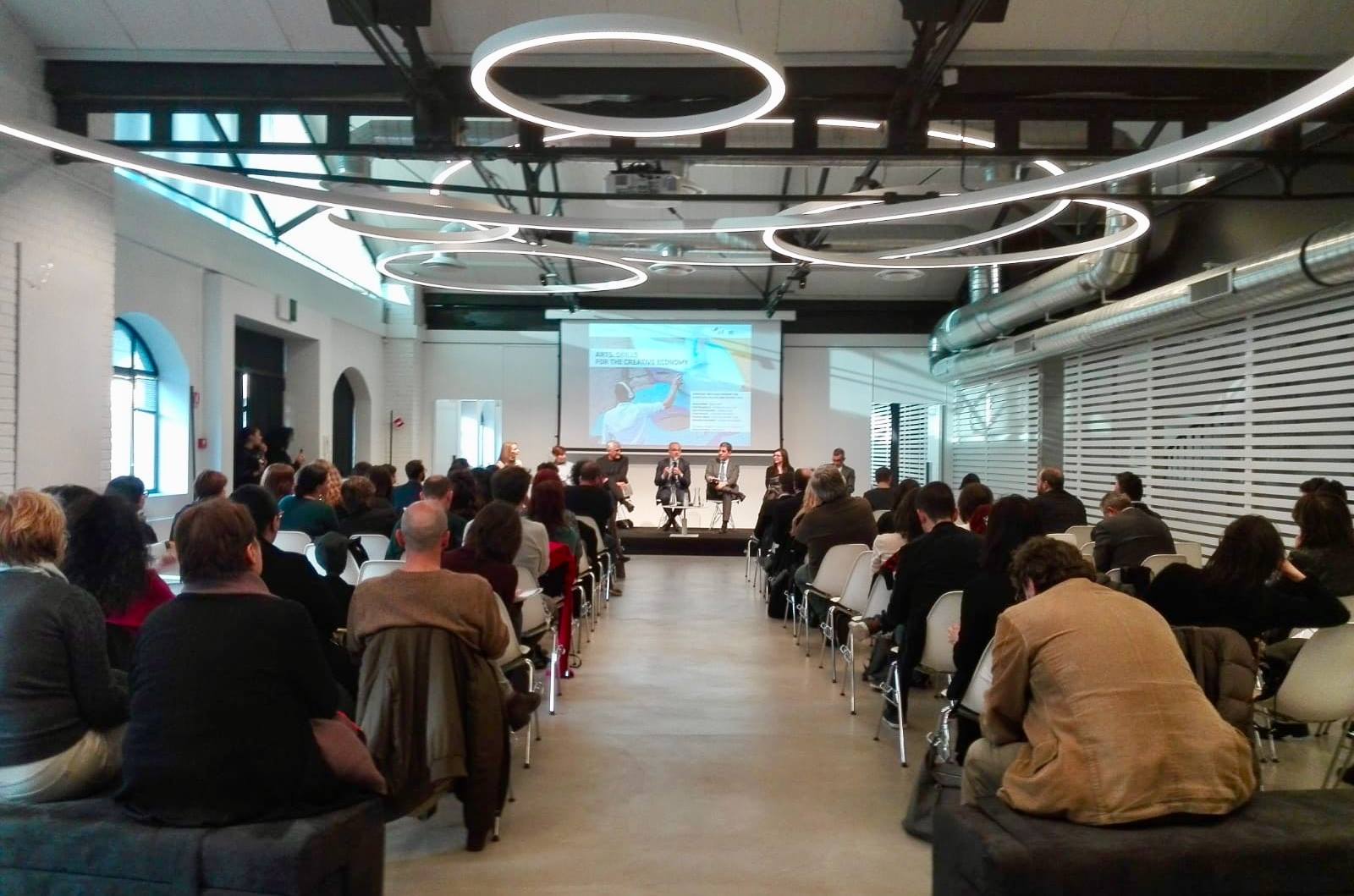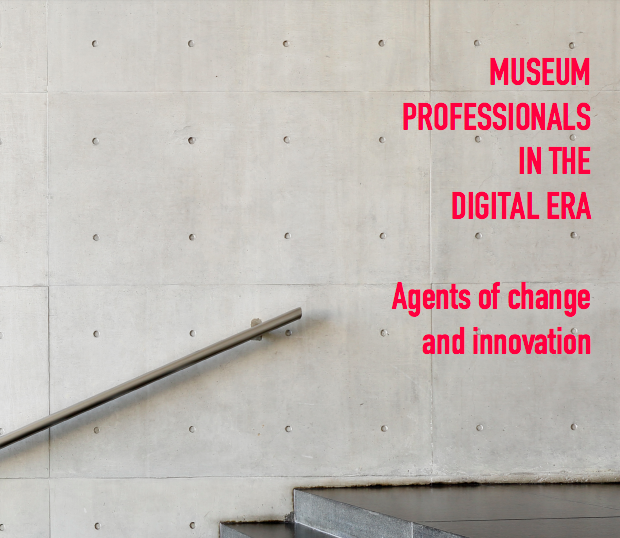Recently, there’s been a lot of talk about technology platforms. When people refer to technology platforms, they tend to mean those which use the internet to match-make suppliers and customers. In many cases this is intuitive […]. Airbnb matches property owners with those wishing to rent; Uber pairs drivers with people who want a ride.
These examples all concern physical assets, but the same can be true for content. Google search, for instance, indexes individual web pages so that people can access them in one place […]. What defines a technology platform is how it puts supply, distribution and end-user all in the same place.
All the platforms rely on artificial intelligence (AI) as the technology to connect supply with demand. Nowhere is this more true than in the creative economy […].
The use of AI in the creative economy has led to plenty of exciting advances the production, distribution and consumption of content […]. Developments include the use of AI to more effectively match content with audiences, as algorithms learn and classify a user’s preferences in order to recommend content. Elsewhere, AI is used to perform tasks too difficult for humans and in the creation of original content, such as instrumental sounds that humans have never heard before or scripts for movies and novels.
While AI has great potential for the creative economy, many of the creative outputs it enables are frequently routed through technology platforms, a process which redefines the relationship between creators, publishers and technology companies. As platforms and creative economies converge they create a new environment in which the platforms exert enormous influence on our diets of information and entertainment. This raises difficult governance questions that must be addressed by multiple stakeholders.
These are some of the study’s most important findings:
Platforms have a significant influence on the editorial nature of creative content: This affects the types of content that flourish as companies provide incentives, including money and advice, to sway publishers towards creating content that works well on their platforms. Algorithms ensure that certain formats determined by the platforms are prioritized in consumer searches and feeds.
Technology platforms reap the financial benefits of creative content: Technology platforms are the main referral sources for online publishers. Five companies take almost 80% of global mobile advertising revenue and, by some estimates, almost 90% of the growth is going to just two companies, Google and Facebook.
The positive advances that AI brings are transforming value chains across the creative economy, but there are also negative effects. Technology platforms have been fundamental in shaping the online creative environment and today they face questions when their tools are used maliciously, […] (the “fake news” problem, for example). While this problem did not start because of AI, the use of the technology has enabled the creation and distribution of misinformation and increased its reach […].
If the creative economy is to benefit society, the platform economy will need to be rebalanced to align with what is best for society. As the ability of technology to inform and shape public opinion grows, so do the potential risks of opacity in how the platforms make decisions. There is an ongoing debate about what needs to be done to address today’s information challenges; how the platforms respond to this conversation will have a considerable impact on the outcome.














